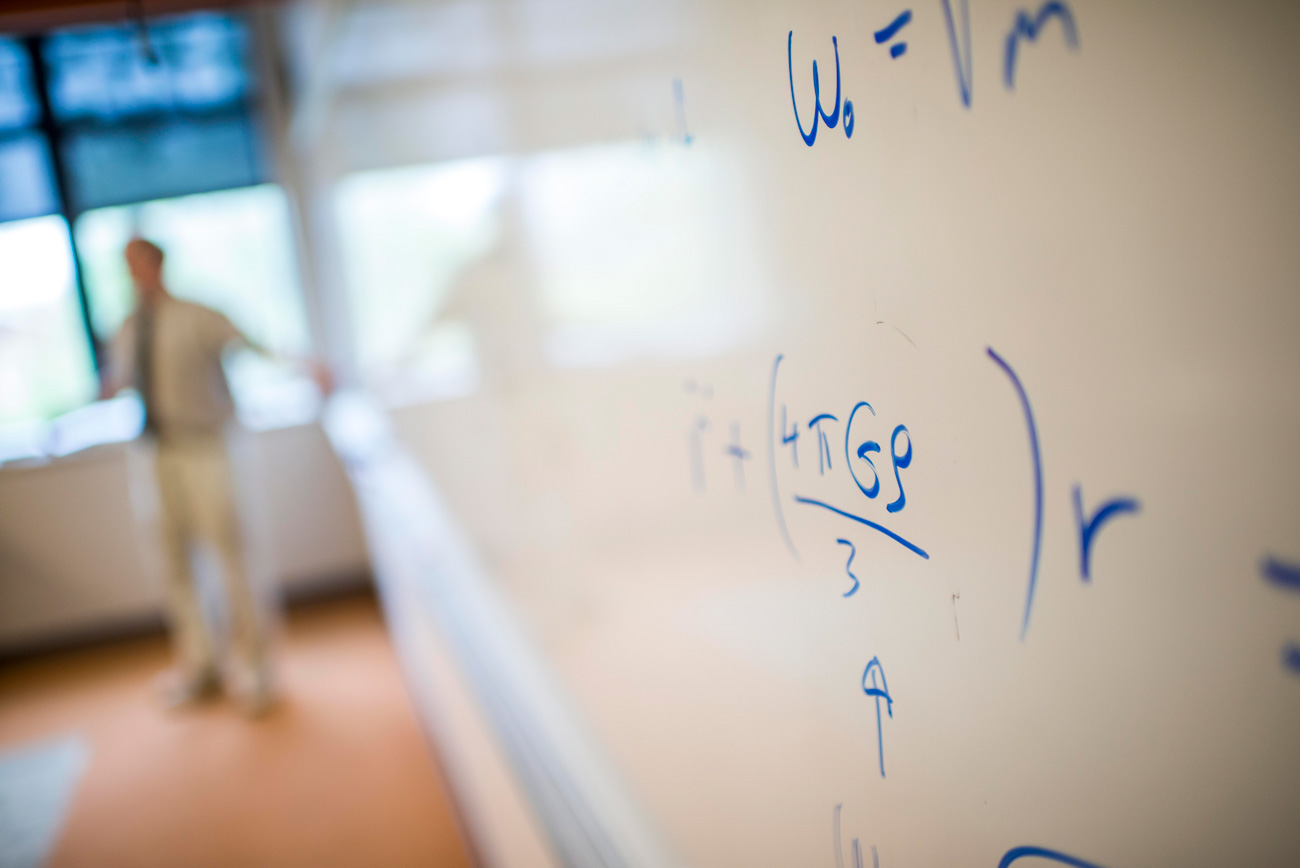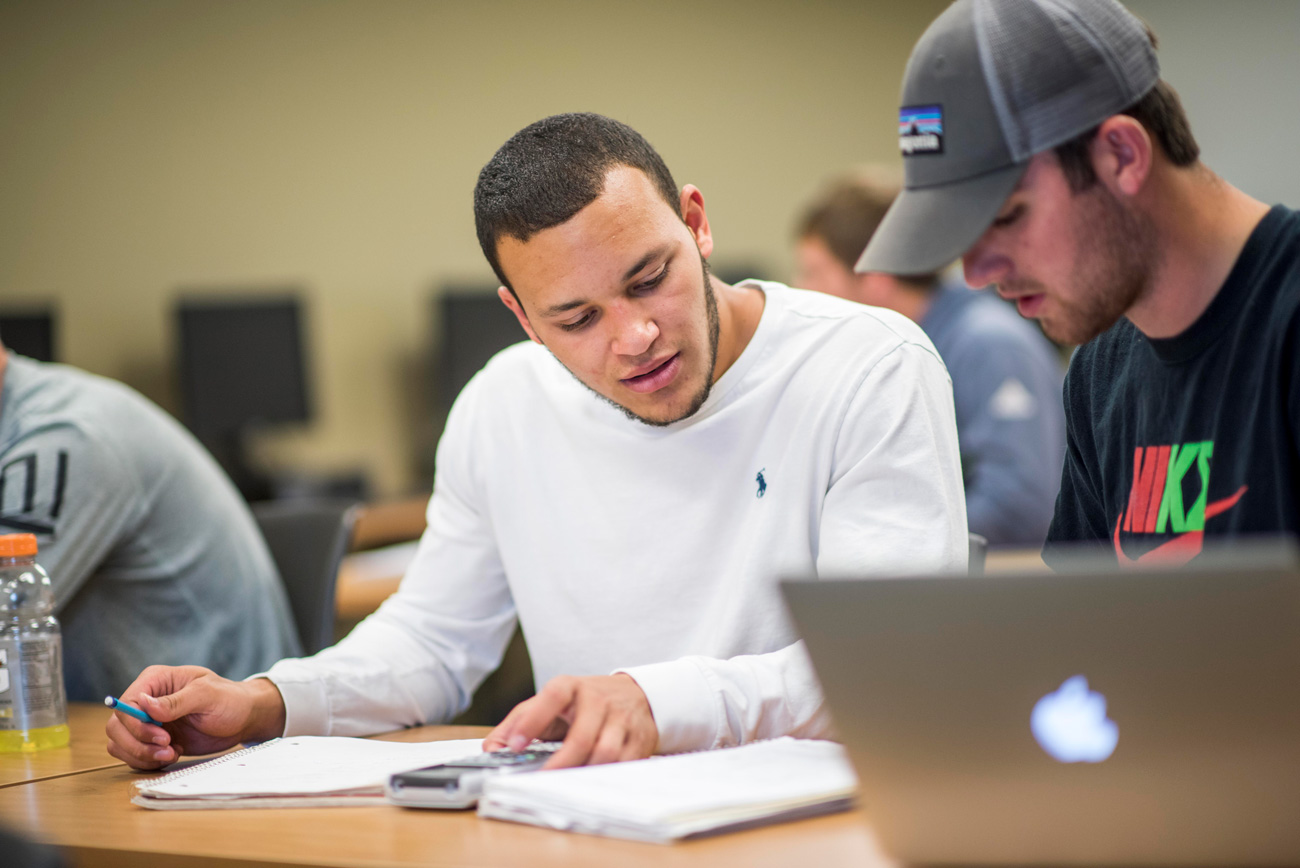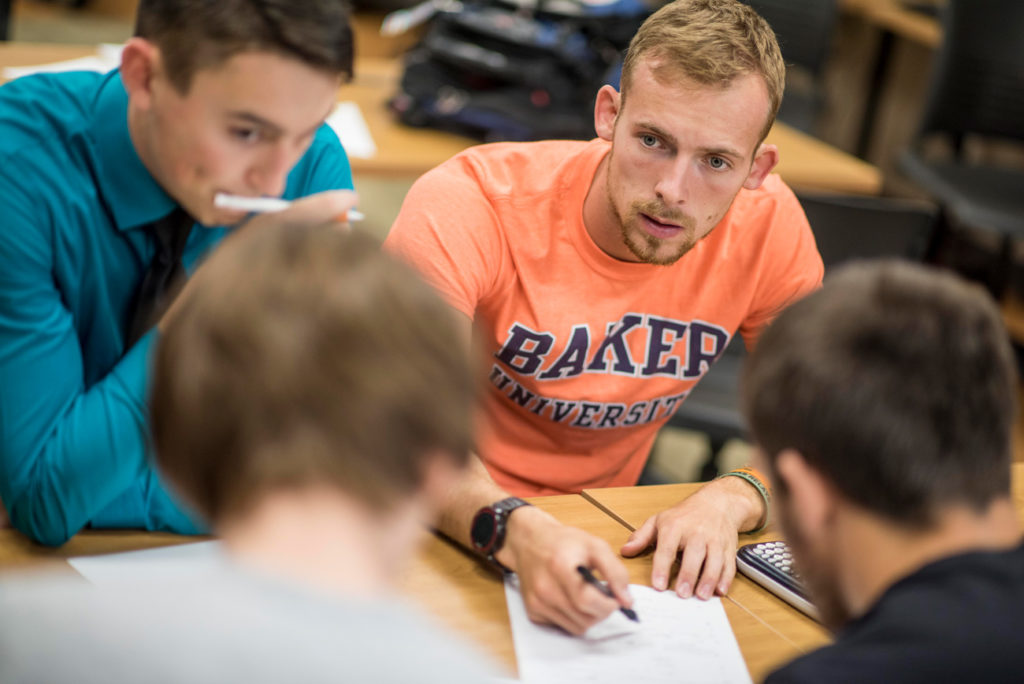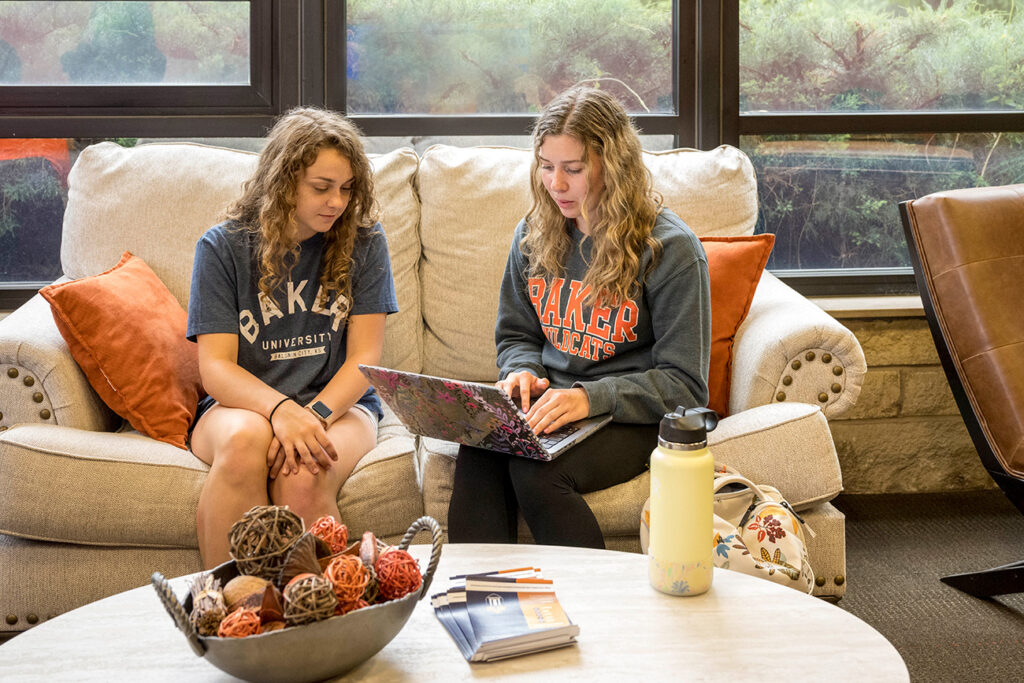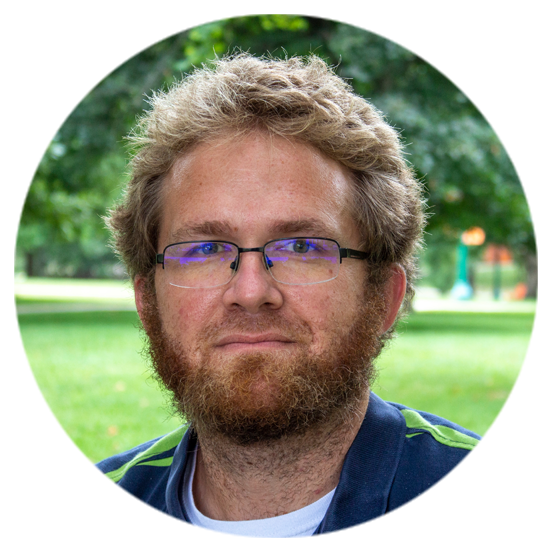
Dr. Jamin Perry
Director of Pre-engineering
What is engineering?
About
Do you like to make things happen? Are you curious and a problem solver? Then a degree in engineering is for you. In a nutshell, engineering uses science and math to solve real-world problems. Engineers make advancements in everything from technology to infrastructure.
They don’t sit back and watch, but instead devise creative and innovative solutions to problems. There are five major branches of engineering: mechanical, civil, chemical, electrical, and industrial. But it doesn’t stop there: Each branch has additional subdisciplines like aerospace, biomedical, computer engineering, and many more for you to explore.
Why study Engineering at Baker University?
The advantages are unmatched at Baker University with its small class sizes and low student-to-faculty ratio. And at Baker you have several options for pursuing a career in engineering.
Our dual-degree program with the University of North Dakota allows you to complete a physics or chemistry degree at Baker while also earning an ABET-certified engineering degree from the University of North Dakota while in residence at Baker.
We also offer several 3+2 and 3+3 programs in which you study at Baker University for three years before transferring to another university to study engineering. At the end of the program, you’ll have a bachelor’s degree from Baker and an engineering degree from the other school.
Option 1
BU-UND Dual-Degree Program
Baker University has partnered with the University of North Dakota to develop five-year programs that combine a liberal arts degree in either physics or chemistry with an ABET-accredited (Accreditation Board for Engineering and Technology) engineering degree in one of these disciplines:
- Aerospace engineering
- Biomedical engineering
- Chemical engineering
- Civil engineering
- Electrical engineering
- Mechanical engineering
- Petroleum engineering
The majority of coursework required for the two distinct degrees is completed while in residence at Baker University. UND courses are taken online, with some travel to UND for two summer laboratory sessions. The summer lab sessions typically last less than two weeks.
Students participating in this program are co-enrolled at both schools and will receive support and services from both UND and Baker University. This program allows students to have the traditional Baker University experience while also earning an engineering degree from UND—a premier engineering school.

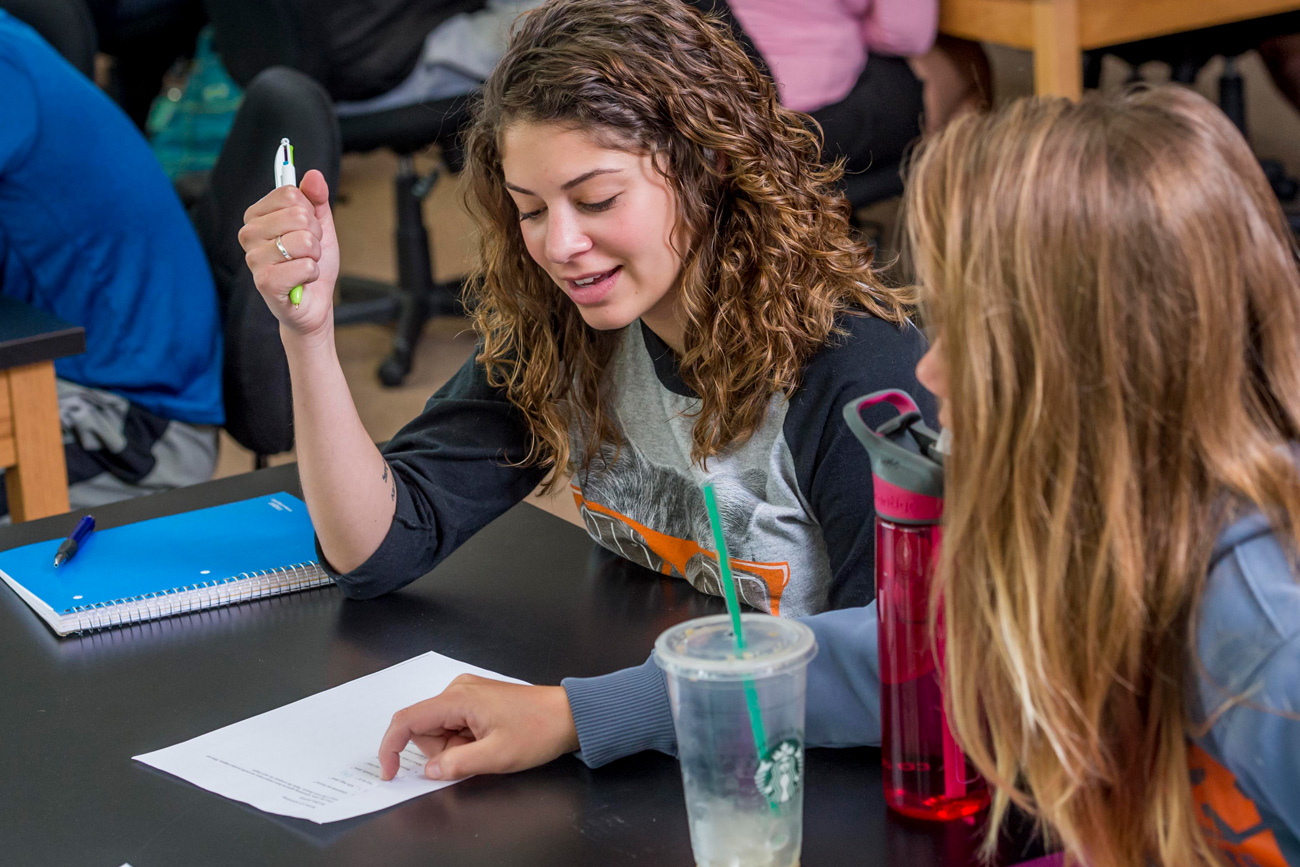
Meet an Engineering Student
An Engineering Degree + Full College Experience
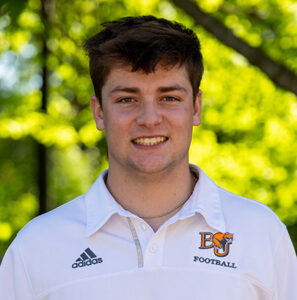
At Baker University you can study engineering on our small, tight-knit, and supportive campus and take advantage of the full college experience. Want to sing in the choir, host a radio show, or continue your athletic career in college? You can!
Seth is in the dual-degree program with the University of North Dakota. He is majoring in physics and is enrolled in the civil engineering program at UND. He is also a member of the Wildcat football team.
“I looked up the UND engineering school, and they had a great program. Dr. Perry laid out the entire class plan for me and that gave me this sense of security that Baker was getting me to the right place.”
“It’s also nice that I get two degrees: my physics degree with a math minor and then a civil engineering degree at UND. Even though I’m not at UND in person, I am still able to establish a relationship with my professors through communicating with them, and they have an advisor who is very helpful.”
“I chose Baker because I wanted to play football, and I like the small campus. I knew I wanted to do engineering, and with the bonus of being able to play football, the choice was easy. Being at Baker, getting the opportunity to do two things that I love is what set Baker apart. Baker’s strong physics department also influenced my decision as I believe what I learn in my physics classes here will translate well to engineering.”
Online Engineering Overview
Option 2
3+2 and 3+3 Dual-Degree Programs with Washington University in St. Louis
As a student in our 3+2 or 3+3 pre-engineering program you’ll receive one-on-one attention from your professors during your first three years at Baker before moving on to Washington University in St. Louis (WashU).
3+2 Dual-Degree Program
This pre-engineering program involves three years of study at Baker followed by two years at the School of Engineering at WashU. Students typically major in physics, chemistry, mathematics, or computer science at Baker. They complete their academic major and general education requirements and prerequisite coursework required for admission to the School of Engineering at WashU. Typically, at the end their third year, these students transfer to WashU and major in biomedical, chemical, computer, electrical, environmental, mechanical, or system science engineering. At the conclusion of their studies, students will have completed a liberal arts degree from Baker University and an engineering degree from Washington University.
3+3 Bachelor’s to Master’s Dual-Degree Program
Motivated pre-engineering students can apply for admission directly into an engineering master’s program at WashU. In addition to earning an undergraduate degree from Baker University, students will also earn both a master’s and an undergraduate degree in engineering and are classified as graduate students for all three years at WashU.
Option 3
3+2 Dual-Degree Program with Missouri University of Science & Technology
As a student in this 3+2 pre-engineering program, you’ll receive one-on-one attention from your professors during your first three years at Baker before moving on to Missouri University of Science & Technology (MO S&T) in Rolla, Missouri.
Students typically major in physics, chemistry, mathematics, or computer science at Baker. They complete their academic major and general education requirements as well as the prerequisite coursework required for admission to MO S&T. Typically, at the end their third year, these students transfer to MO S&T and major in one of the disciplines listed below. At the conclusion of their studies, students will have completed a liberal arts degree from Baker University and an engineering degree from Missouri University of Science & Technology.
- Aerospace engineering
- Architectural engineering
- Biomedical engineering – biomanufacturing
- Biomedical engineering – biomaterials
- Ceramic engineering
- Chemical engineering
- Chemical engineering – biochemical engineering
- Civil engineering
- Computer engineering
- Electrical engineering
- Engineering management
- Environmental engineering
- Geological engineering
- Mechanical engineering
- Metallurgical engineering
- Mining engineering
- Nuclear engineering
- Petroleum engineering
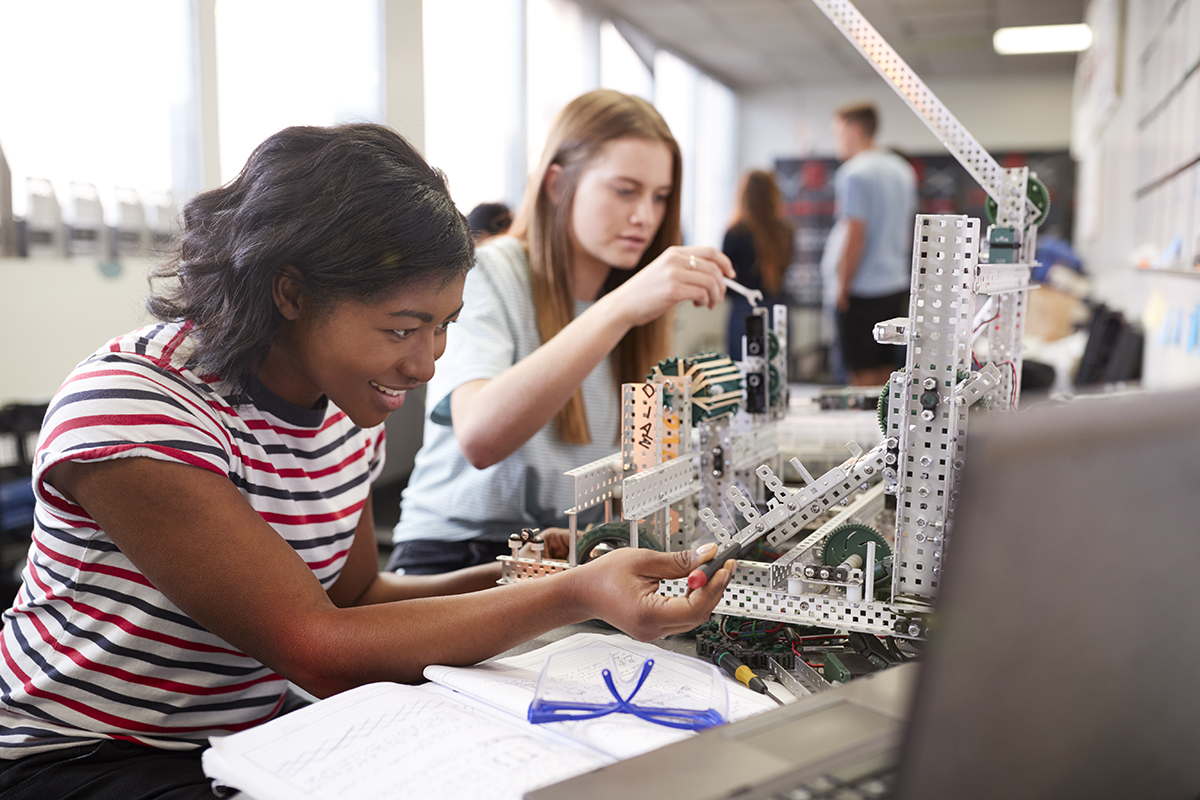
Option 4
Additional 3+2 Dual-Degree Programs
Additional dual-degree programs are possible for students who plan to complete a specific engineering program at an engineering school other than UND, WashU, or MO S&T. Students follow a plan similar to the one for WashU, and with careful planning most of the credits earned at Baker can be transferred and applied toward their engineering degree from their desired transfer institution. Arrangements can be made to determine how the courses taken at the transfer institution will satisfy remaining degree requirements at Baker University.
Baker students have successfully transferred to engineering programs at the University of Kansas, Kansas State University, and the University of Missouri–Kansas City.
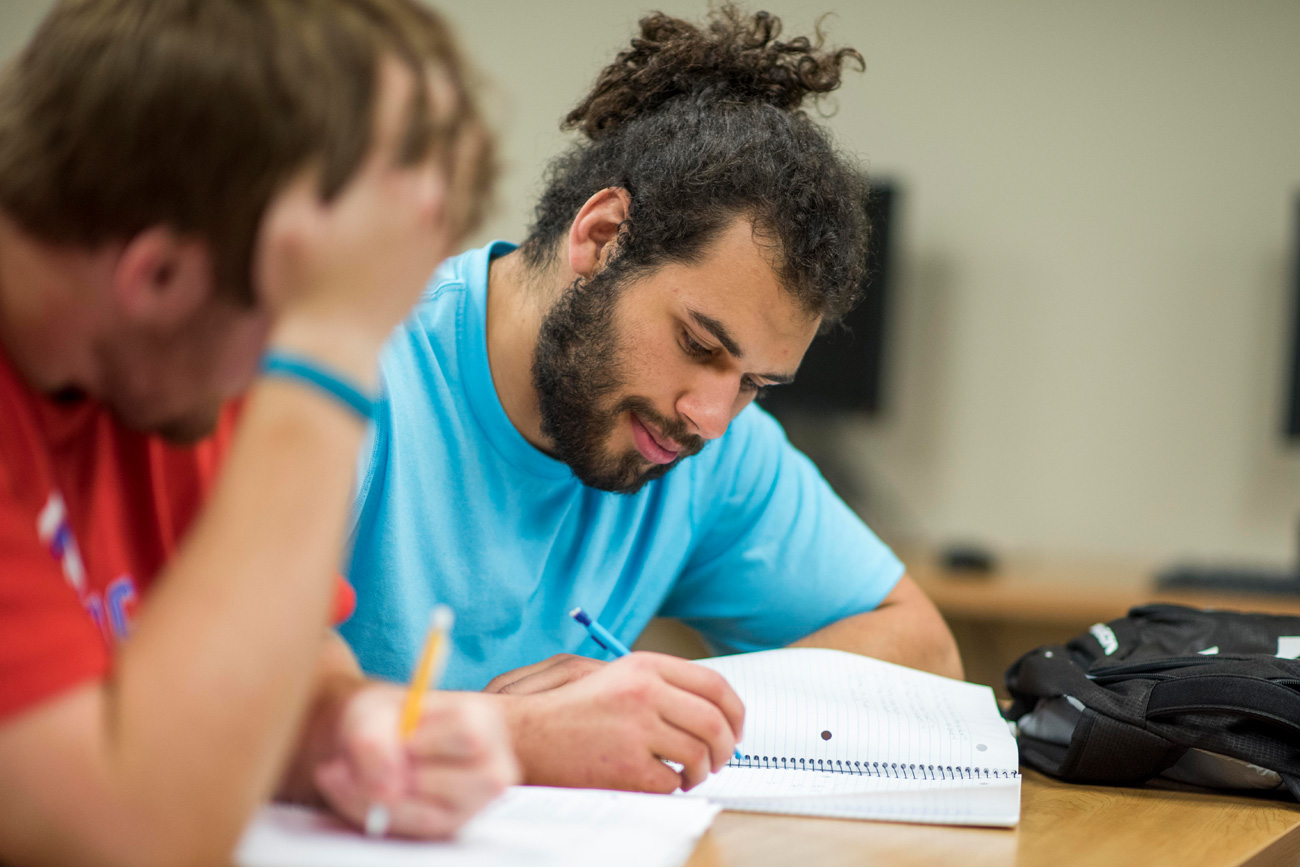
Scholarships
Engineering Majors
The Department of Computer Science, Mathematics, and Physics gives these awards with financial prizes to be applied to the following year’s tuition:
- Mildred Hunt Riddle Departmental Recognition Scholarship for Computer Science, Mathematics, and Physics
- Dr. Calvin Foreman Memorial Scholarship
- Howard T. Bonnett Scholarship
- Jennifer Burton Memorial Scholarship
- Grace Barnhill Champlin Memorial Scholarship
- Platt-Butler Endowed Scholarship
Meet the Faculty
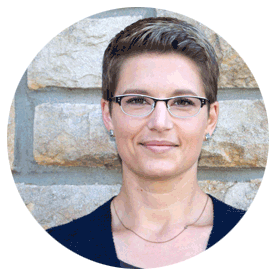
Molly Anderson
Assistant Professor of Laboratory Instruction
B.S. Baker University, M.S. Johns Hopkins University
Expertise: chemical education
Office: Boyd Science Center 302
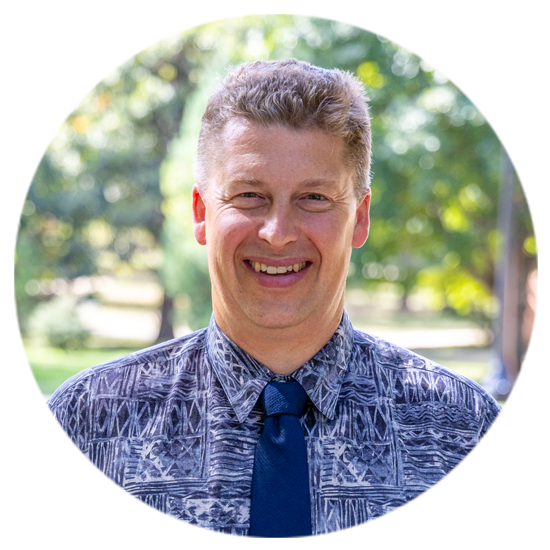
Dr. James Bowen
Assistant Professor of Physics
B.S. University of Idaho, B.S. University of Idaho, M.S. Iowa State University, Ph.D. University of Kansas
Expertise: experimental high-energy nuclear physics
Office: Boyd Science Center 223
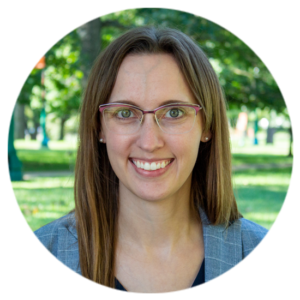
Dr. Jackie Dillon
Assistant Professor of Chemistry
B.S. Baker University, Ph.D. University of Kansas Medical Center
Expertise: organic chemistry, biochemistry
Office: Boyd Science Center 303

Dr. Jamin Perry
Associate Professor of Chemistry, R. Milford White Chair of Chemistry, Director of Pre-engineering
B.S. Missouri Southern State University, Ph.D. University of Missouri at Columbia
Expertise: physical chemistry
Office: Boyd Science Center 301
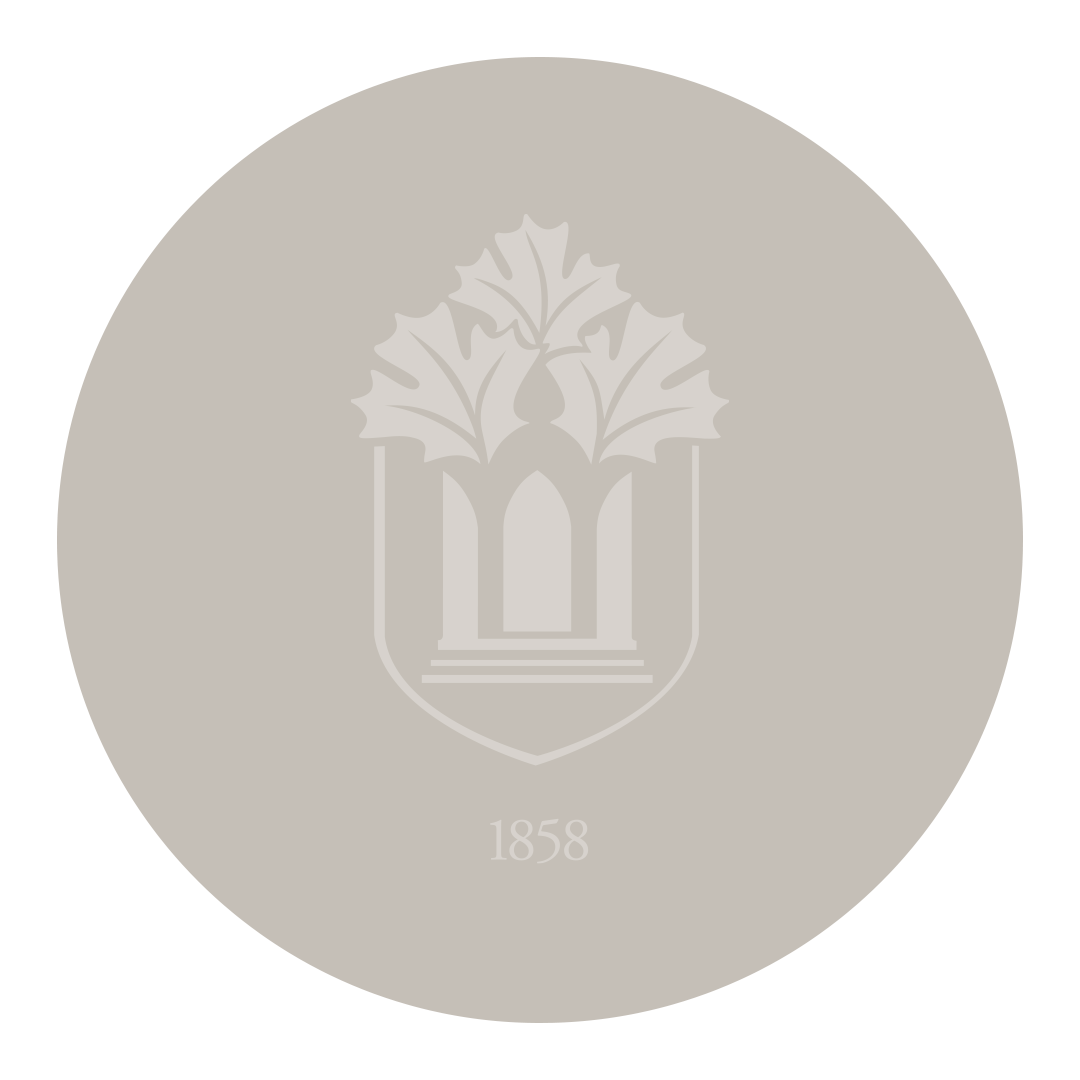
Dr. Robert Schukei
Associate Professor of Computer Science, Chair of the Department of Mathematics, Computer Science & Physics
B.S. & M.S. Northwest Missouri State University, Ph.D. Oklahoma State University
Office: Boyd Science Center 324
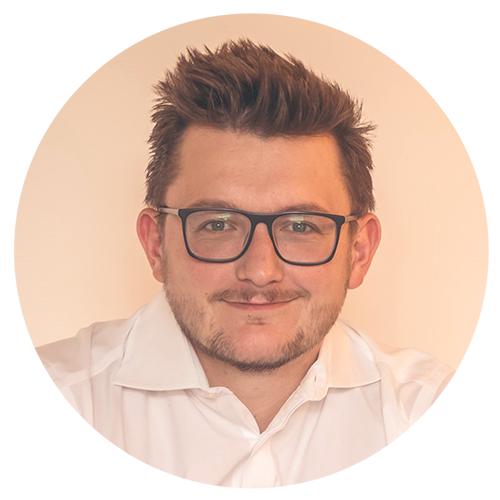
Dr. Michael Sitarz
Assistant Professor of Physics
B.S. University of Alabama; M.S., Ph.D. University of Kansas
Expertise: astrophysics, cosmology, dark matter, plasma physics
Office: Boyd Science Center 223
